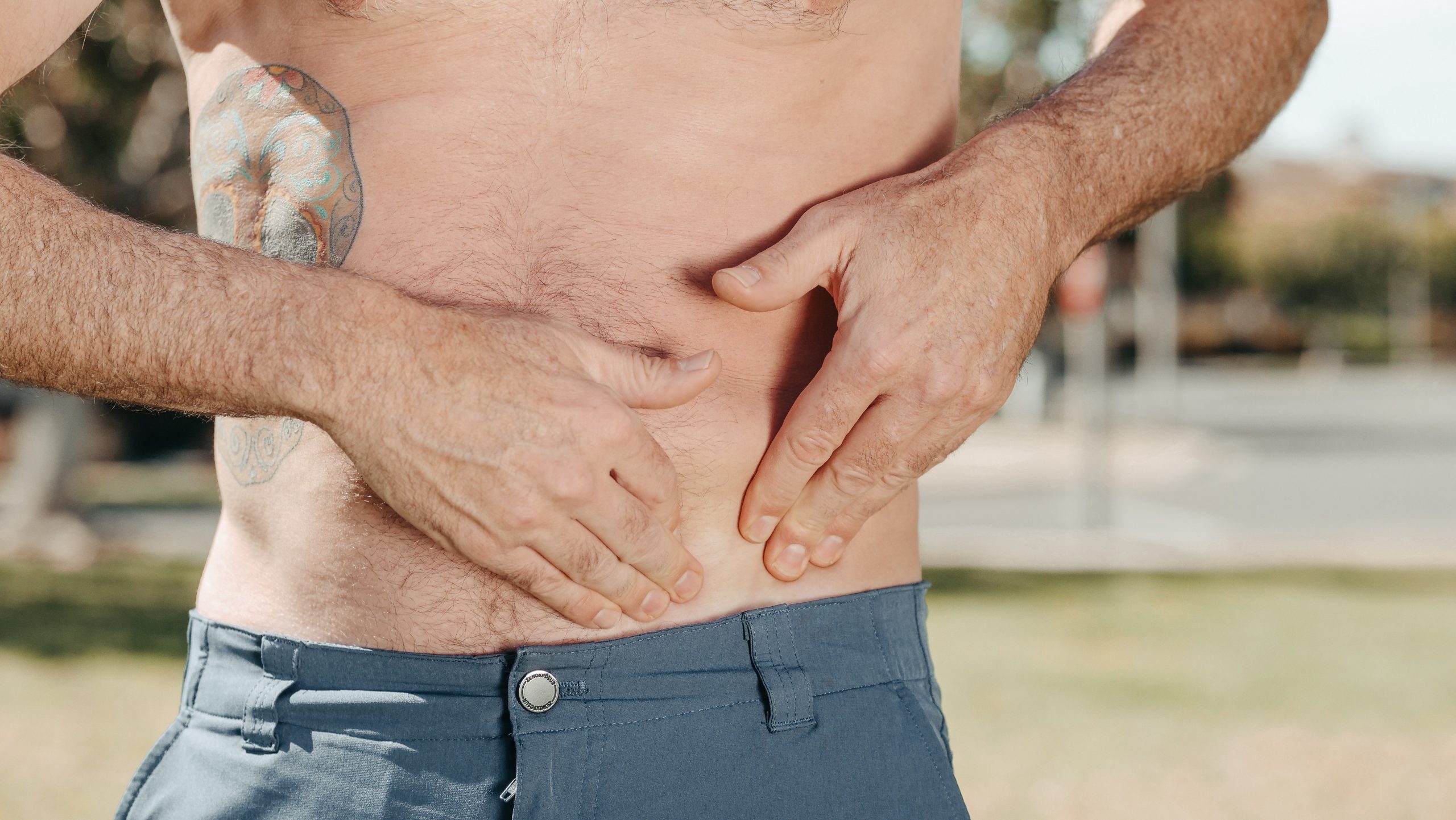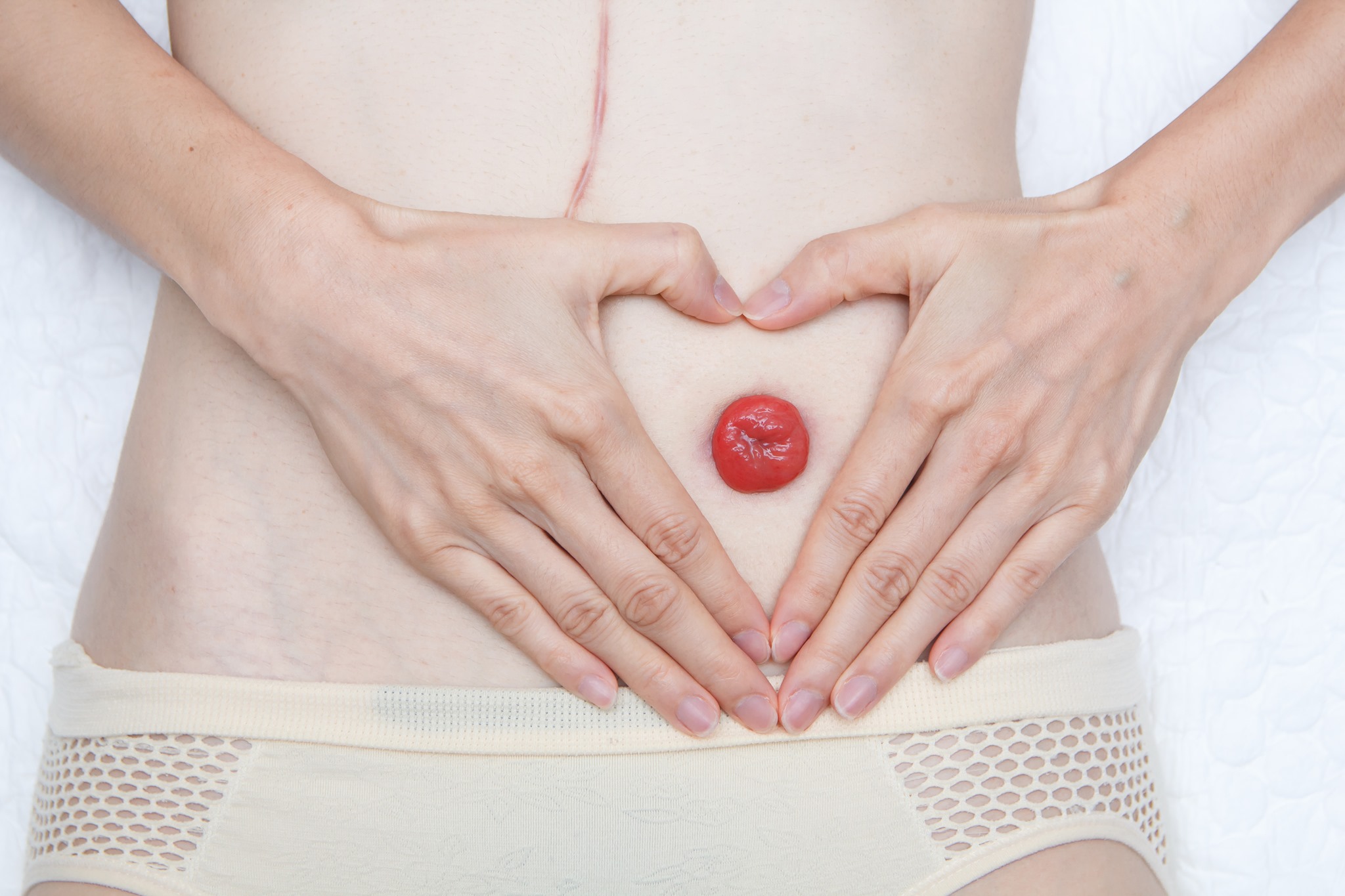
News
How to Live With an Ostomy Bag
Release time:2023-02-25
An ostomy is a surgery that makes a temporary or permanent opening in the skin called a stoma. A stoma is a pathway from an internal organ to the outside of your abdomen. A colostomy starts in the large intestine, and an ileostomy starts in the small intestine. They both help solid waste and gas exit the body without passing through the rectum. A urostomy helps urine leave the body without passing through the bladder. In all ostomies, the waste is usually collected in a pouch worn on the outside of your body.
Most people who need a cancer-related colostomy or ileostomy only need it for a few months while the small or large intestine heals. But some people may need a permanent ostomy. A urostomy is typically a permanent surgery and cannot be reversed.
Living with an Ostomy
Whether permanent or temporary, an ostomy will bring some changes to your life. However, ostomy products are designed to be as convenient as possible.
If you need help finding or ordering products, ask your health care team for help. For example, an ostomy nurse can explain the different types of ostomy pouches that are available and help you find the one that is right for you.
Clothing. You should be able to wear the same type of clothes you wore before the ostomy. Pouches are designed to blend in and fit close to the body. They also have an odor-barrier film that traps bad smell. The smell only releases when the ostomy pouch is being emptied.
You can find specialized clothes online that can make you feel more comfortable. For example, you can buy underwear and wraps that can hold your ostomy bag.
Activities. You should be able to do the activities of your daily life. People with ostomies go to work, play sports, and engage in sexual activity. Reasonable activity will not hurt you or your stoma. Sweating may cause the tape that holds your pouch in place to loosen. If this happens, you might consider buying a specialized pouch for working out.
Bathing. You will need to keep the skin around the ostomy clean and dry. Avoid applying products that contain alcohol as they can cause dry skin. Do not use skin products made with oil. They will make it difficult for the pouch to stay attached. If you have hair on the skin surrounding the ostomy, you may need to keep it shaved so the pouch will stick. Talk with your health care team about any special bathing considerations for your ostomy.
Diet. With a colostomy or ileostomy, you will not be able to control when stool and gas move into the pouch. Amounts of stool and gas that go into the pouch will vary based on the type of ostomy and your diet.
Avoid foods that commonly cause gas. These include beans, cabbage, onions, and spicy foods. Some foods can cause cramping or may be difficult to pass through an ostomy if they are not chewed well. These include nuts, popcorn, and corn. Also, be aware of which foods may cause diarrhea or constipation. It is important that you stay hydrated, especially if you have an ileostomy, because stool is usually more watery.
Medications. Some medications that are taken by mouth may not be as effective in people with a colostomy or ileostomy. This is because the medications take longer to absorb. A liquid medication can be absorbed faster and may work better.
Be aware of the medications that can affect the frequency of your bowel movements. Some sedatives and pain medications can cause constipation. And some antibiotics and antacids may cause diarrhea.
Some medications may cause urinary stones or increase the amount of urine your body makes. These could cause issues for people with urostomies. Talk with your doctor about any medications you are taking.
Avoiding accidents. You will need to empty your ostomy bag several times throughout the day. It is best to empty the bag when it is less than half full. Keep your ostomy supplies with you at all times. They can help in case of a leak or other issue. Learn how to plan your meals and fluid intake to cut down on the output of your ostomy ahead of a big or lengthy event. This may include a long work meeting or car or plane trip.
During cancer treatment. Some people with cancer may need an ostomy while they are receiving other cancer treatments. You may need help caring for your ostomy if you are too tired or sick after a treatment. If you are receiving radiation therapy in the area of your ostomy, you may need to remove the pouch during treatment. Radiation therapy may also cause skin changes near your ostomy. Ask your health care team about any special precautions you should take to care for your ostomy during cancer treatment.
Emotional support. Some people may feel depressed or embarrassed because of the ostomy. Consider finding a support group of people with ostomies. These relationships may help answer your questions and provide emotional support. Also consider counseling if you are struggling to cope with changes to your body.
- Previous:When is a colostomy bag needed?
- Next:About Hendry Medical





